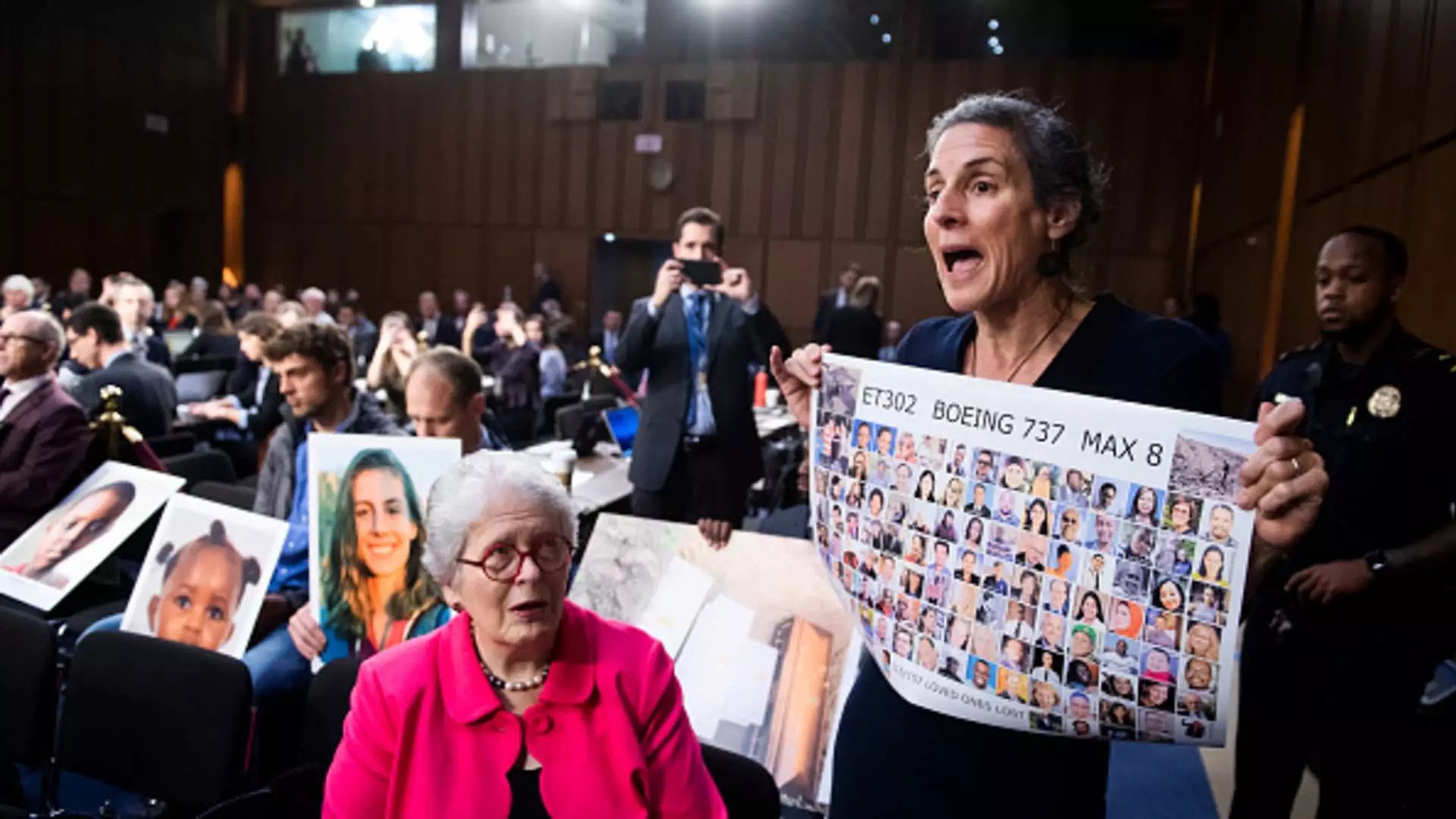In a striking decision that reverberates through the corridors of corporate governance, U.S. District Judge Reed O’Connor has rejected Boeing’s plea deal linked to criminal fraud charges emerging from the catastrophic crashes of its 737 Max aircraft. This ruling underscores significant concerns over accountability and the integrity of oversight mechanisms in large corporations. The judge’s apprehension centered around the selection process for a government-appointed monitor—a critical condition of the plea agreement—highlighting the role of diversity, equity, and inclusion (DEI) policies in this regard.
By explicitly questioning whether a monitor could be appointed without the influence of race-based considerations, Judge O’Connor has called into question the very principles underpinning governmental policies designed to foster inclusivity. This decision represents a broader reflection on how justice systems can maintain impartiality in the face of evolving social frameworks aimed at rectifying historical injustices. The judge’s explicit focus on the necessity for public confidence illuminates the tension between DEI efforts and the traditional tenets of meritocracy in corporate oversight.
The origins of the plea deal lie in Boeing’s admission of guilt regarding its deceptive actions towards the U.S. government. In a case that has resulted in the loss of 346 lives, Boeing’s actions—including misleading regulators about a flight-control system implicated in the two deadly crashes—have cast a long shadow over the company’s ethical standing. The events that unfolded in October 2018 and March 2019 involved the tragic demise of passengers aboard Lion Air and Ethiopian Airlines flights, unraveling Boeing’s narrative of corporate responsibility.
The Justice Department had aimed to negotiate a path that would facilitate a resolution without lengthy litigation. However, this approach has been met with skepticism from various stakeholders, including victim families. Their perception of the agreement as a “sweetheart deal” typifies the growing demand for a more vigorous approach to corporate accountability, reflective of the profound human cost incurred by malfeasance.
Legal advisors and advocates for victim families have expressed relief at the judge’s ruling, viewing it as a step toward increased scrutiny of corporate practices. Erin Applebaum, an attorney affiliated with a victim’s family, articulated the necessity for a renegotiation of the plea deal, emphasizing the need for consequences that align with the severity of the actions committed by Boeing. By advocating for “real accountability,” stakeholders are pushing against a culture of leniency that has often characterized corporate dealings with federal oversight authorities.
The proposed financial penalties associated with the new plea deal, reaching as high as $487.2 million, signal an attempt to impose a substantive fiscal consequence for Boeing’s misconduct. Nonetheless, the judicial concern regarding the implementation of the monitor raises doubts about the effectiveness of potential financial penalties given the complex dynamics of corporate governance and accountability. The burden remains on regulatory bodies, such as the Justice Department, to ensure that punitive measures lead to meaningful change rather than merely serving as a financial transaction.
As Boeing attempts to navigate this turbulent landscape, the implications of the judge’s decision resonate beyond the courtroom. It raises critical questions about the future of corporate governance and the responsibilities companies owe to their stakeholders, especially in an era marked by heightened demands for transparency and accountability.
In rejecting the plea deal, Judge O’Connor has brought forth a clarion call for a reexamination of how corporations are held accountable for their actions. The growing scrutiny faced by Boeing serves as a reminder that corporate entities cannot operate in silos; their actions have profound impacts on communities, families, and the faith of the public in business practices.
As this case unfolds, it will be imperative for policymakers and regulatory bodies to reflect on the lessons learned and ensure that the systems put in place foster true accountability, thereby restoring confidence in both justice and corporate governance. The complexities of managing corporate misconduct amidst evolving legal and societal landscapes will demand innovative solutions and an unwavering commitment to ethical standards.

